The 5 Best Mutual Funds for a Rocky Market
The stock market has given investors a bad case of whiplash over the past few months.


Profit and prosper with the best of Kiplinger's advice on investing, taxes, retirement, personal finance and much more. Delivered daily. Enter your email in the box and click Sign Me Up.
You are now subscribed
Your newsletter sign-up was successful
Want to add more newsletters?
The stock market has given investors a bad case of whiplash over the past few months. In December, the Standard & Poor’s 500-stock index tumbled 9%. Since then, however, the benchmark has reversed course and climbed 11%.
When the market makes violent swings, the worst thing you can do is to try to stay in sync with it by selling when stocks fall and purchasing when they rebound. But if you own a fistful of volatile funds – even excellent ones – a market like today’s can sucker you into making the wrong trades.
The solution? If you’ve made a bad trade or two, or simply are losing sleep over the potential for another bout of market rockiness, consider replacing one or two of your most volatile funds – no matter how good they are – for more placid vehicles.
Excellent work by Russel Kinnel at Morningstar has shown that individual investors have a much easier time holding on to less volatile funds than more volatile fare. Consequently, investors in those lower-risk funds, on average, tend to make more money over time than do investors in jackrabbit funds.
The point, after all, isn’t to own funds that will beat the benchmark in full-throttle bull markets. Less volatile funds likely will outpace the indexes during bear markets and earn healthy overall returns over a full market cycle while giving you more peace of mind.
Here are five of the best mutual funds for a jumpy market like today’s. Some are pure stock funds, while others hold some bonds.
Data is as of Feb. 20. Yields represent the trailing 12-month yield, which is a standard measure for equity funds.
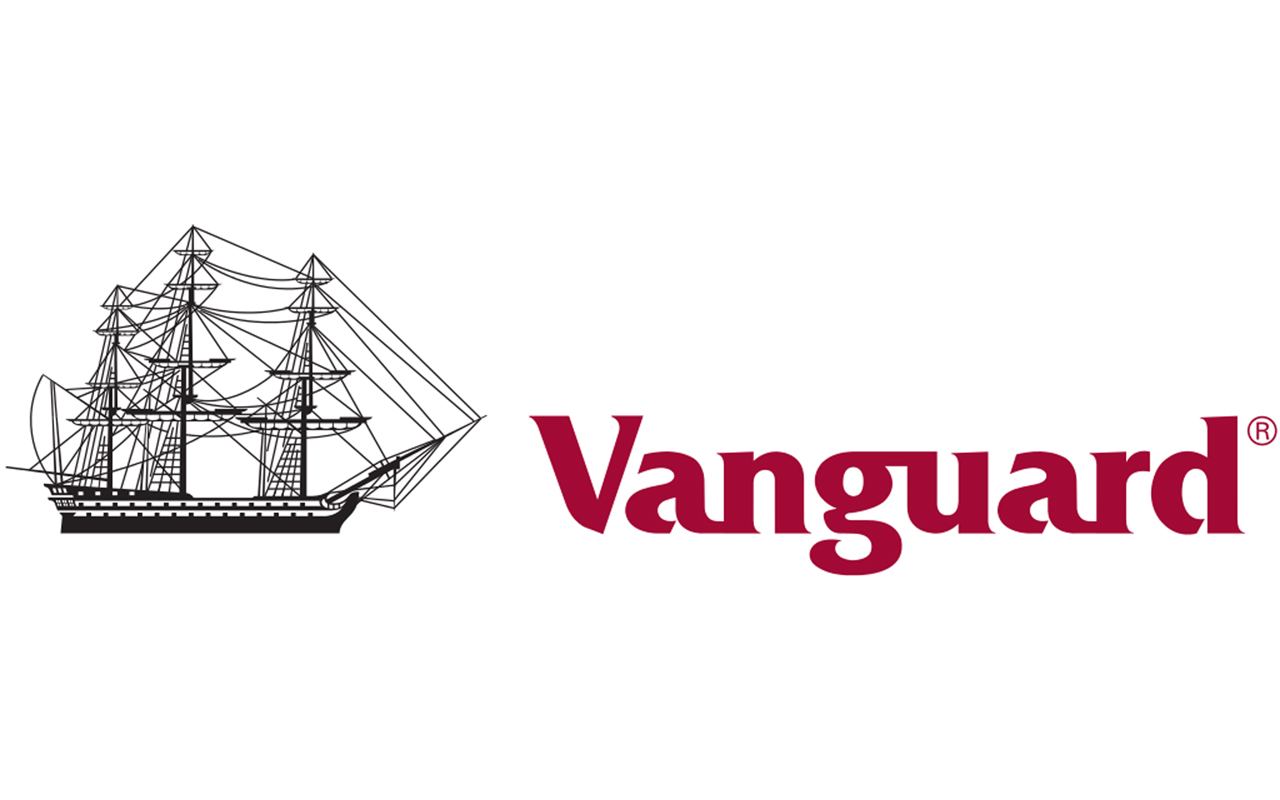
Vanguard Equity-Income Investor
- Market value: $32.2 billion
- Yield: 3.0%
- Expenses: 0.27%
If you only look at raw returns versus the S&P 500, you’d probably give Vanguard Equity Income Investor (VEIPX, $34.86) a pass.
That would be a mistake.
Over the past 10 years, this Kip 25 selection returned an annualized 15.5% – an average of half of a percentage point per year less than the S&P 500. But the fund invests primarily in large value stocks, and it beat the Russell 1000 Value Index by an average of 1.5 percentage points per year over that stretch.
What’s more, the goal is lower risk, not just finding higher returns. And Equity-Income has been about 10% less volatile than both the S&P and the Russell value indexes.
Vanguard assigns two very different teams of managers to shepherd the fund.
Wellington Management’s W. Michael Reckmeyer, assisted by Wellington analysts, has steered two-thirds of the assets since 2007. Reckmeyer looks for undervalued large companies paying generous dividends whose growth prospects are not properly understood by the market.
Vanguard’s in-house quantitative team runs the other third of the fund. Lead manager James Stetler and his team employ computer models to screen for attractive stocks. They consider earnings sustainability, momentum, valuation and growth prospects.
The fund shines in punk markets. For instance, it beat 90% of its large-value peers in the 2015-16 correction. But it can lag when interest rates rise as they have during the past two years.
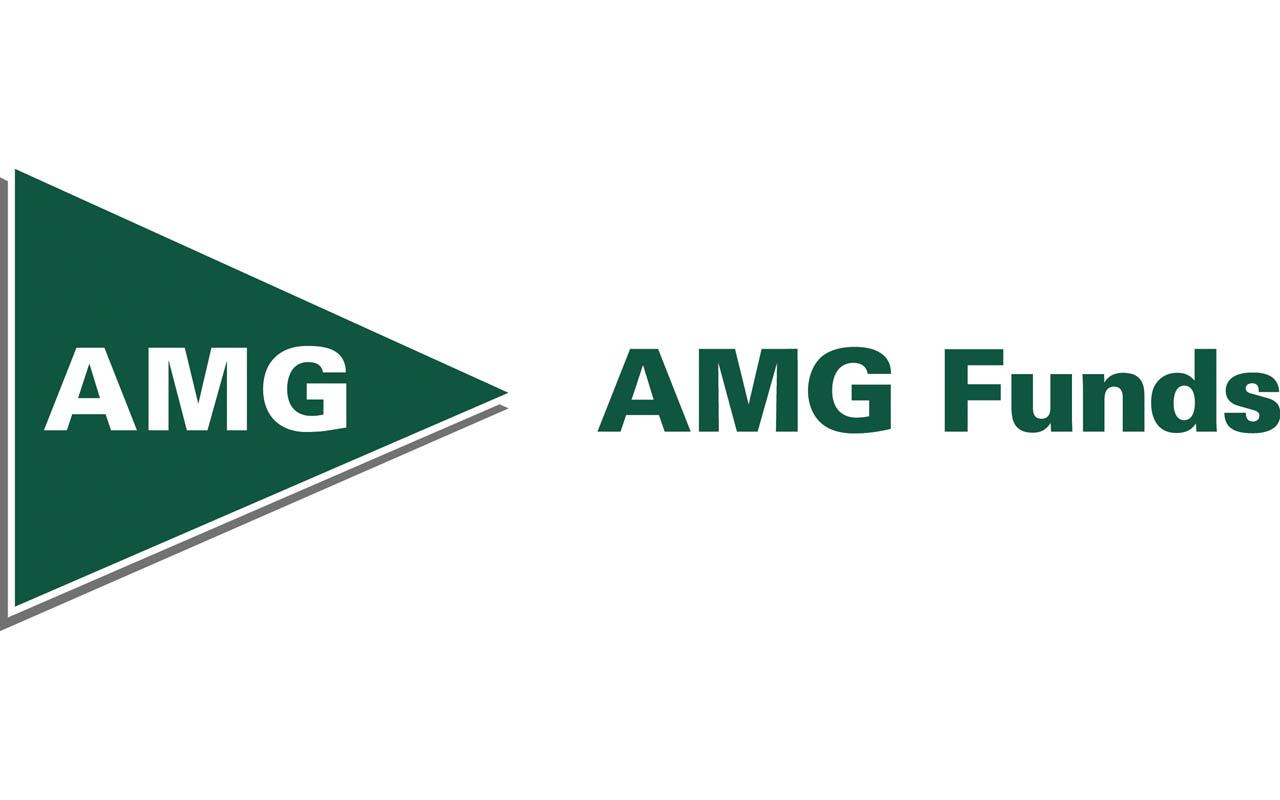
AMG Yacktman Focused N
- Market value: $3.6 billion
- Yield: 1.5%
- Expenses: 1.27%
- AMG Yacktman Focused N (YAFFX, $19.04) is not your ordinary mutual fund. Co-managers Stephen Yacktman and Jason Subotky own just 25 stocks, and more than half the portfolio is in their top 10 holdings. Once they find a stock they like, they typically hold for many, many years; annual turnover has been a mere 2%. Nor are the duo afraid to hold cash when they can’t find better options: The fund currently has 20% in cash.
The fund’s record sparkles. Over the past 10 years, it has returned an annualized 17.2% – an average of one percentage point per year better than the S&P 500. And over the past five years, it has been 15% less volatile than the S&P.
Money management runs in the Yacktman family. Donald Yacktman, Stephen’s father, built a terrific long-term record managing money from 1968 until May 2016, when he stepped down as co-manager of the Yacktman funds.
The fund is heavily concentrated in a few sectors. Some 27% of assets are in consumer staples, and 24% is in technology. There is some single-stock risk too; the top holding, Samsung, makes up nearly 13% of assets.
Concentrated funds like this one always come with added risks. Suppose, for instance, that Samsung were to crater. But in the many years I’ve tracked the Yacktman funds, I’ve never known anything like that to happen to these funds. The managers have been that good. They look for high-quality companies selling at discounted prices, and while most fund managers claim to do this, Yacktman’s crew really pulls it off most of the time.
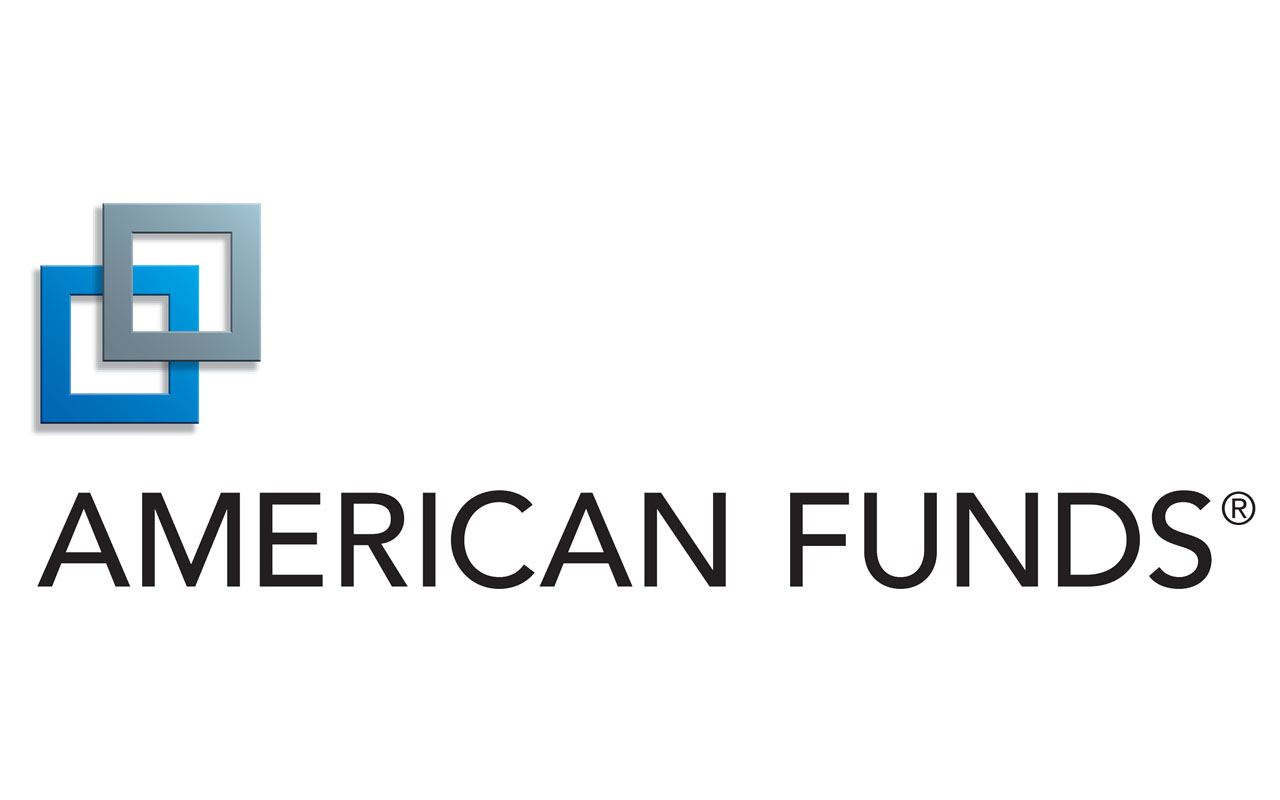
American Funds American Mutual F1
- Market value: $53.6 billion
- Yield: 2.1%
- Expenses: 0.67%
- American Funds American Mutual F1 (AMFFX, $40.12) has held up particularly well in down markets and has outpointed its benchmark index over the long haul. Since its inception in 1950, the fund has beaten the Russell 1000 in all 14 of the Russell’s declines of 15% or more. Over the past 15 years, it topped the Russell index by an average of one quarter percentage point per year. Yet the fund was almost 20% less volatile during that stretch.
American Funds have long had a reputation for holding up well in down markets, which has made them wildly popular with investment advisors. Indeed, until recently, you couldn’t buy these funds except through an intermediary. But now the F1 share class of the funds is available through most online brokerages.
Like all of American’s mutual funds, this one parcels out its assets among several different managers. Each manager’s compensation is largely dependent on how his or her portion performs. American Mutual has seven managers, and their mandate is to invest in dividend-paying industry leaders while avoiding tobacco and alcohol.
Don’t expect the fund to lead the pack in roaring bull markets. It lagged badly during the tech-bubble of the late 1990s but more than made up for that when the bubble popped in 2000.
Like Yacktman’s funds, this one isn’t opposed to holding cash, currently 13% of assets. And all three funds tend to trade infrequently. American Mutual’s annual turnover is about 15%. But the similarities end there. AMFFX is a widely diversified offering by sector and security, which reduces risk. It owns more than 150 stocks, the largest of which – Verizon (VZ) – is less than 4% of assets.
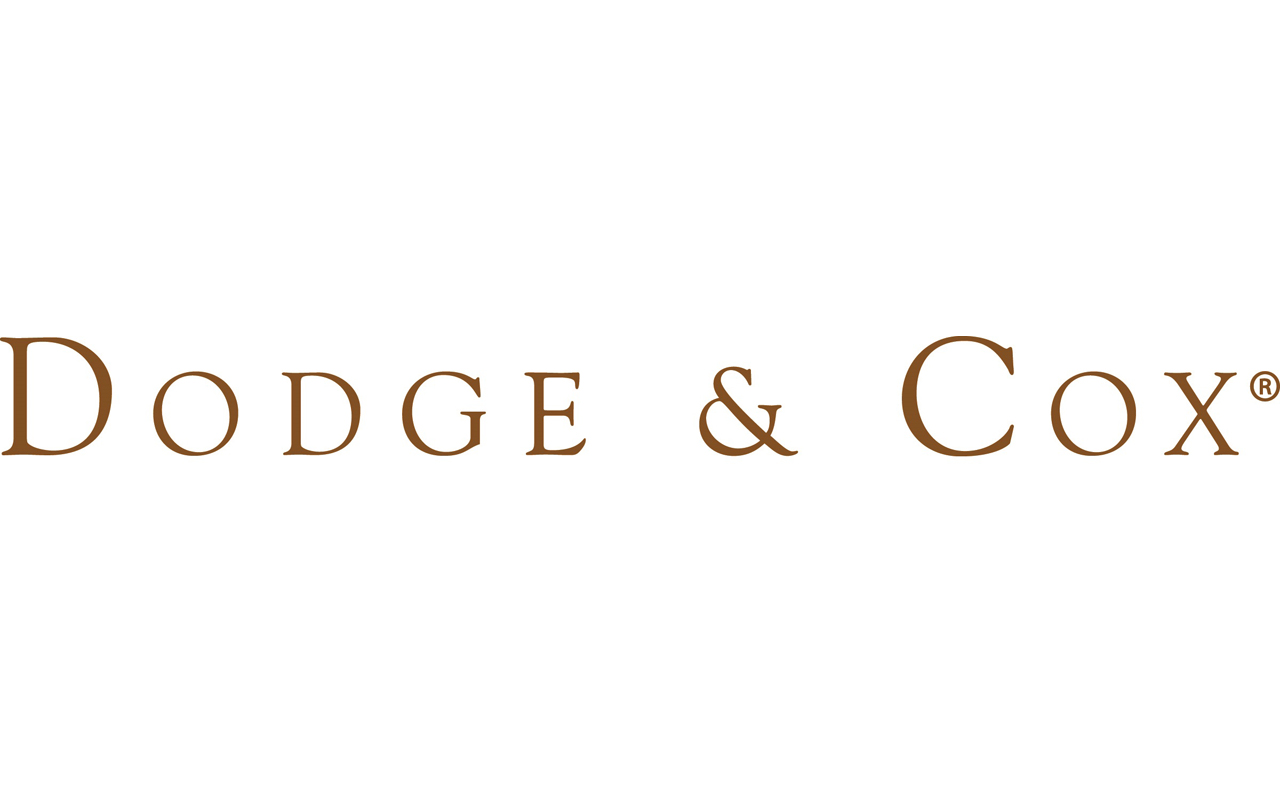
Dodge & Cox Balanced
- Market value: $15.0 billion
- Yield: 2.6%
- Expenses: 0.53%
- Dodge & Cox Balanced (DODBX, $100.80) boasts the same type of superior returns coupled with relatively low risk like American Mutual. But what reduces its risk quotient is mainly that it’s a balanced fund – with a neutral allocation of 40% in bonds.
Over the past 10 years, the fund returned an annualized 13.3%. That’s an average of 2.8 percentage points per year less than the S&P 500 during a decade that was unusually kind to stockholders. Dodge & Cox Balanced is 20% less volatile than the S&P, but, of course, the S&P is an all-stock index. The fund is somewhat more volatile than the average balanced fund.
Turnover is low, too. On average, stocks stay in the fund for five years. When conditions warrant, the fund can invest as much as 75% in bonds or as little as 25%.
Founded in 1930, Dodge & Cox is a superb firm. Managers and analysts there often stay for their entire careers. They look for cheap stocks with good management, strong growth potential and sustainable competitive advantages over their competitors. They’re talented at finding fundamentally solid companies facing major short-term challenges that have depressed the stock price.
Sometimes it can take other investors a painfully long time to come around to Dodge & Cox’s view. Consequently, expect this fund to go through spells when returns lag.

Vanguard Wellington Investor
- Market value: $100.1 billion
- Yield: 2.9%
- Expenses: 0.25%
Founded just a few months before the 1929 crash, Vanguard Wellington Investor (VWELX, $39.72), another Kip 25 fund, is the nation’s oldest balanced fund. It’s also one the best. Over the past 10 years, the fund returned an annualized 11.7%. That’s not quite as good as Dodge & Cox Balanced, but Wellington is about 10% less volatile than Dodge & Cox. The fund ranks in the top 15% over the past 10 years among funds with similar stock allocations, and it has beaten the average such fund every year since 2011.
Wellington is a much more conservative offering than Dodge & Cox Balanced. It hews closely to an allocation of 65% stocks and 35% bonds. Edward Bousa, who has steered the stock portion of the fund for 15 years, looks for high-quality, income producing, large-cap stocks with strong balance sheets.
The bond portion is likewise high credit quality. Only 19% of the bonds are BBB, and only a smidgen of its holdings are rated below that. The bonds’ duration is 6.6 years, which is fairly long. But as interest rates have risen the past two years, the fund’s overall performance has held up well largely because just more than one-quarter of its stocks are in financial services, which tends to prosper when rates rise. Lead bond manager John Keogh will retire at the end of June, but equally talented and experienced fixed-income investors will succeed him.
About the only negative to this fund is that you can only buy it directly from Vanguard. The minimum investment for the Investor shares is $3,000 and the expense ratio is 0.25%. The Admiral shares cost just 0.17% but have a minimum initial investment of $50,000.
Steve Goldberg is an investment adviser in the Washington, D.C., area.
Profit and prosper with the best of Kiplinger's advice on investing, taxes, retirement, personal finance and much more. Delivered daily. Enter your email in the box and click Sign Me Up.

-
 Timeless Trips for Solo Travelers
Timeless Trips for Solo TravelersHow to find a getaway that suits your style.
-
 A Top Vanguard ETF Pick Outperforms on International Strength
A Top Vanguard ETF Pick Outperforms on International StrengthA weakening dollar and lower interest rates lifted international stocks, which was good news for one of our favorite exchange-traded funds.
-
 Is There Such a Thing As a Safe Stock? 17 Safe-Enough Ideas
Is There Such a Thing As a Safe Stock? 17 Safe-Enough IdeasNo stock is completely safe, but we can make educated guesses about which ones are likely to provide smooth sailing.
-
 More Tools to Build a Bond Ladder
More Tools to Build a Bond LadderVanguard aims to launch a line of target-maturity corporate bond ETFs.
-
 Dow Dives 521 Points as Goldman, AmEx Slide: Stock Market Today
Dow Dives 521 Points as Goldman, AmEx Slide: Stock Market TodayNews of Block's massive layoffs exacerbated AI worries across the financial sector.
-
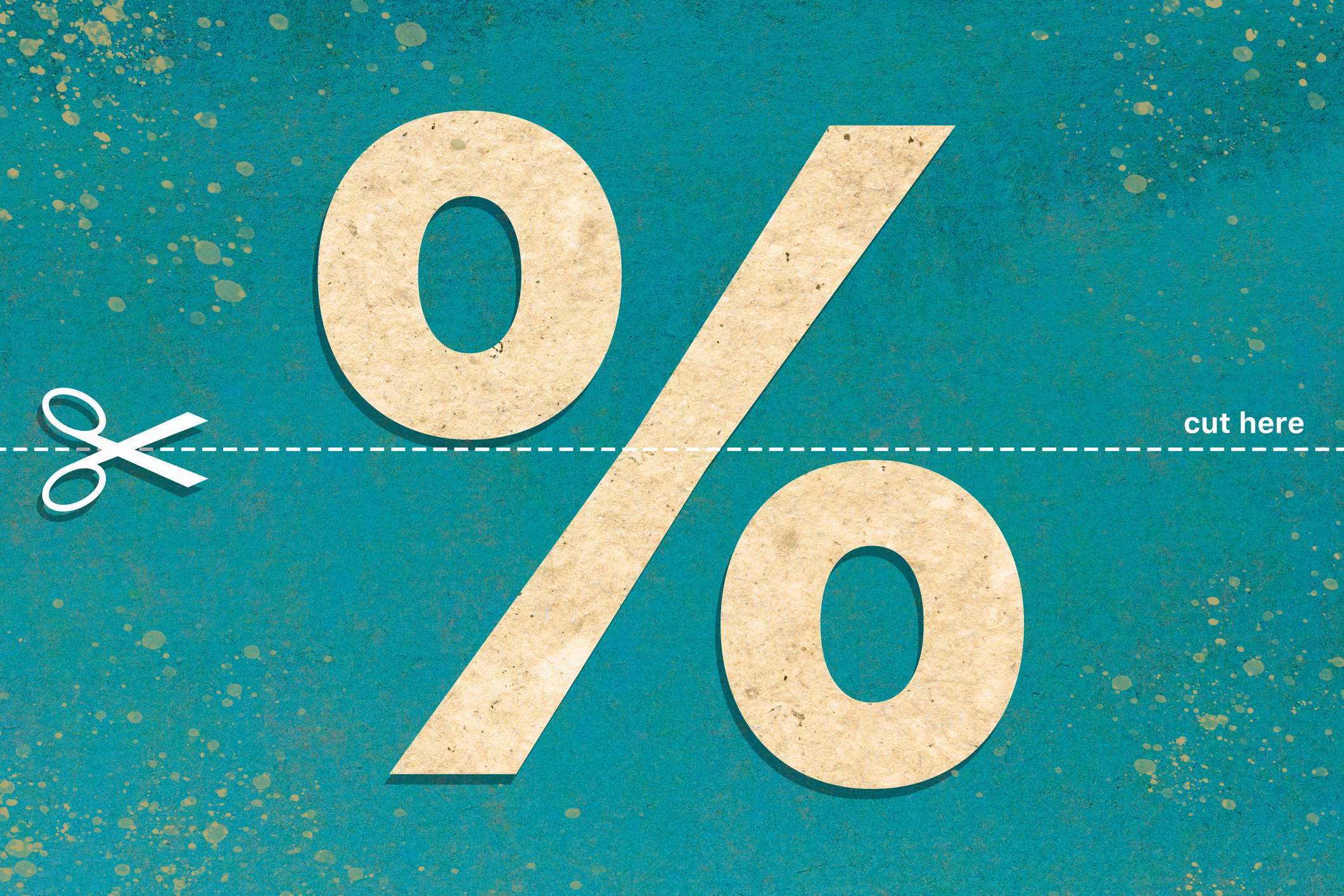 Vanguard Cuts Fund Fees Again. Here's Why That's Important for You
Vanguard Cuts Fund Fees Again. Here's Why That's Important for YouVanguard recently cut fees on dozens of ETFs and mutual funds, which is great news for investors. Here's why.
-
 Big Nvidia Numbers Take Down the Nasdaq: Stock Market Today
Big Nvidia Numbers Take Down the Nasdaq: Stock Market TodayMarkets are struggling to make sense of what the AI revolution means across sectors and industries, and up and down the market-cap scale.
-
 Nasdaq Soars Ahead of Nvidia Earnings: Stock Market Today
Nasdaq Soars Ahead of Nvidia Earnings: Stock Market TodayWednesday's risk-on session was sparked by strong gains in tech stocks and several crypto-related names.
-
 Dow Absorbs Disruptions, Adds 370 Points: Stock Market Today
Dow Absorbs Disruptions, Adds 370 Points: Stock Market TodayInvestors, traders and speculators will hear from President Donald Trump tonight, and then they'll listen to Nvidia CEO Jensen Huang tomorrow.
-
 Dow Loses 821 Points to Open Nvidia Week: Stock Market Today
Dow Loses 821 Points to Open Nvidia Week: Stock Market TodayU.S. stock market indexes reflect global uncertainty about artificial intelligence and Trump administration trade policy.
-
 Stocks Shrug Off Tariff Ruling, Weak GDP: Stock Market Today
Stocks Shrug Off Tariff Ruling, Weak GDP: Stock Market TodayMarket participants had plenty of news to sift through on Friday, including updates on inflation and economic growth and a key court ruling.
